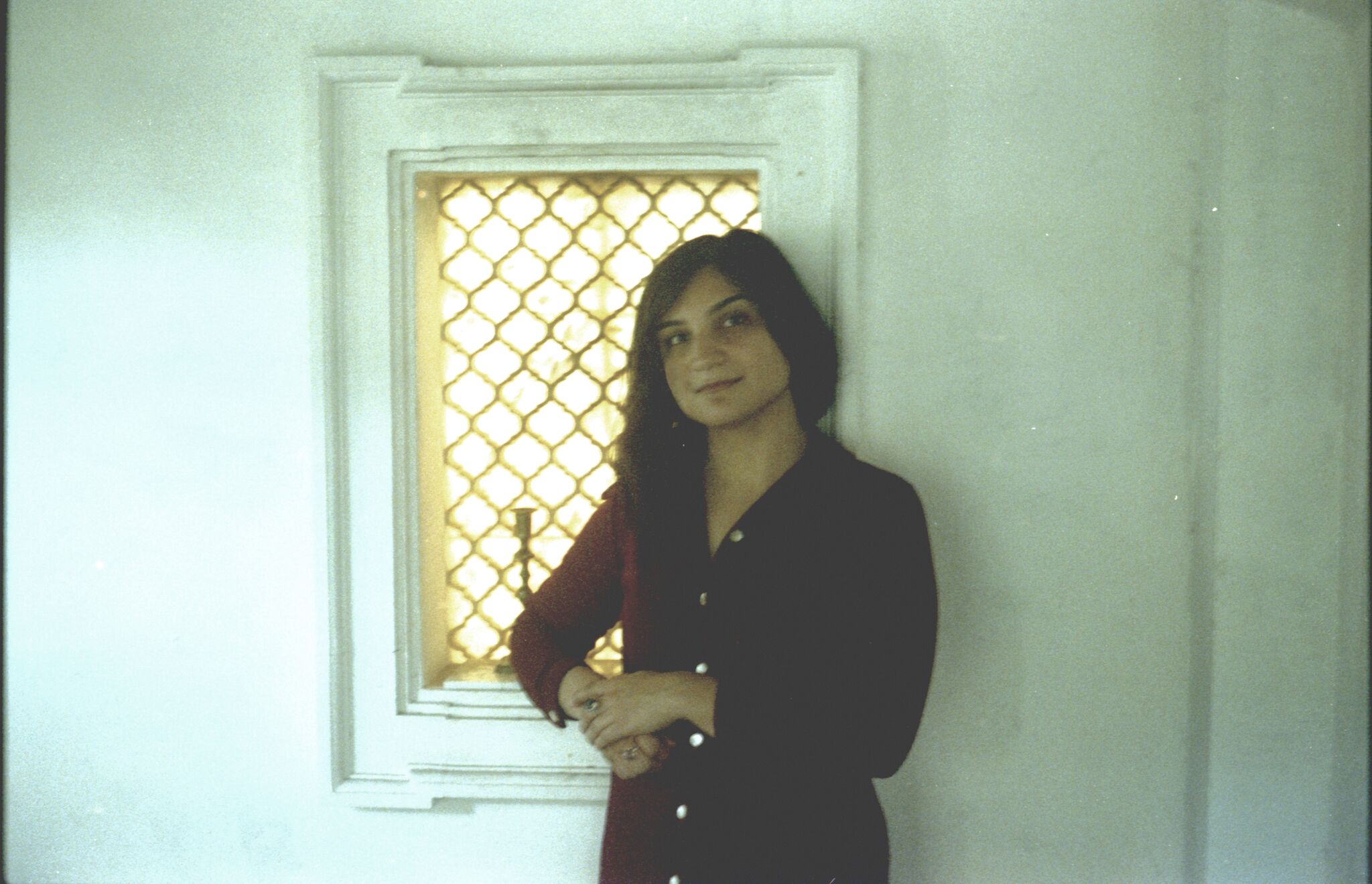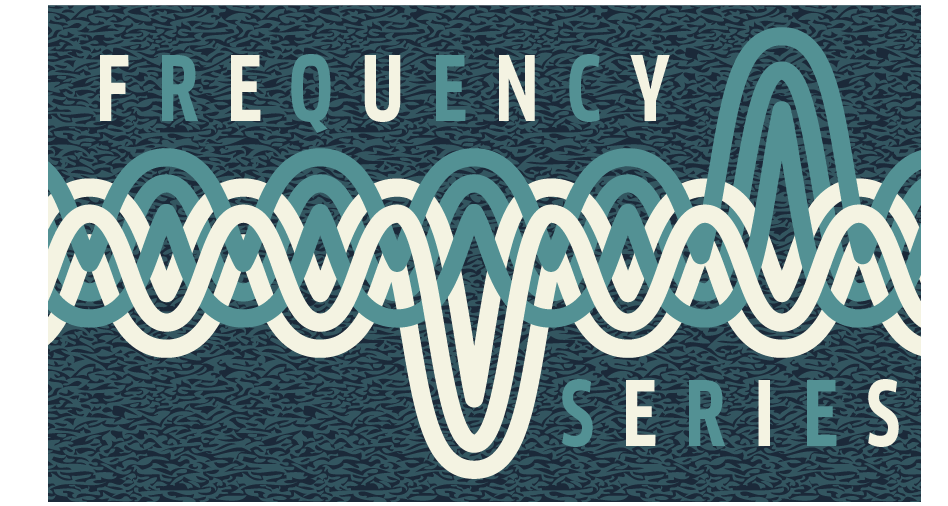Sarah Davachi draws inspiration from the sonic properties of sacred spaces on her gorgeous new album "Gave in Rest"
Sarah Davachi (photo: Dicky Bahto)
It can be fascinating to observe how certain personal experiences and changes in the life of an artist can infect their own work. Usually those translations are most interesting when they're indirect, when it's less about cause-and-effect, and more about coping and adaptation can lead to new avenues of expression. That's the case with the ravishing new album Gave in Rest (Ba Da Bing) by Canadian composer and sound artist Sarah Davachi, who spent most of last year without her belongings prior to settling down in Los Angeles. During that summer she traveled in Europe and the heightened sense of flux led her to turn inward. In the press material for the new record she says, "I've always been a pretty solitary person, but that summer I discovered quiet moments to be increasingly valuable. I became engaged in private practices of rest and rumination, almost to the point of ritual."
Often the practice transpired in sacred spaces, absorbing the acoustic qualities of churches, and drinking in the way pipe organs, choirs, and bells filled and reacted in locations. Those encounters led her to embark on a deep dive into Renaissance-era music, when new instruments were introduced and tuning systems like just-intonation and meantone temperament first became widely used--inspiring her to look beyond how the passage of time led to once-foreign ideas to become part of general musical practices. The seven stunning pieces on the album clearly reflect a deep sense of meditation, enhancing Davachi's previously established genius at casting hypnotic drone music of uncommon detail and richness. She wrote the pieces to reflect on different times of the day, and working with Montreal producer Howard Bilerman she cut sketches of most of the pieces on piano, electronically manipulating and drawing out acoustic movement and harmony within those recordings. She then enlisted several local musicians--including bassist Thierry Amar and violinist Jessica Moss, both of Godspeed You! Black Emperor--to overdub minimal passages that delicately interact with the dreamy, hovering piano parts.
There's a gorgeously haunting quality to a piece like "Evensong," where the wordless, overdubbed singing of Lisa McGee takes on a liturgical quality, gliding angelically within a soundscape of sparse piano lines and bowed strings, smothered in reverb and decay. "Matins" takes on a spectral quality as it begins, with high-pitched harmonic effects coming, I assume, from Amar's bowed bass, while gentle piano patterns, fragile violin, and enveloping tones (produced either by synthesizer, Mellotron, or organ--hard to say with the layers of processing), begin to push it toward pure, enveloping serenity. Below you can hear one of my favorite pieces, "Third Hour," which radiates warmth and mystery as hovering long tones float and drift like colliding cloud formations on the far horizon, with a separate line injecting a bittersweet, pleading quality.
Today's playlist:
Lisa Ullén, Catachresis (Nuscope)
Trio Wanderer, Johannes Brahms: Piano Quartet Op. 60/Piano Trio Op. 8 (Harmonia Mundi)
Melaine Dalibert, Ressac (Another Timbre)
Michel Chion, La Vie en Prose: Une Symphonie Concréte (Brocoli)
Okkyung Lee, Cheol-Kkot-Sae (Steel.Flower.Bird) (Tzadik)




